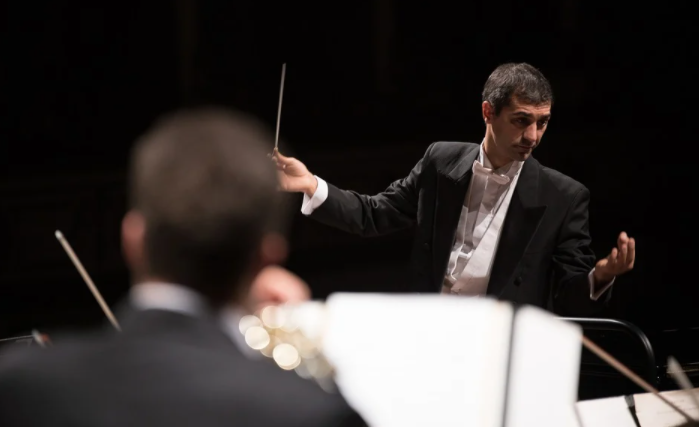Facts About Classical Music

Nowadays, there are many music genres. One of the best and the longest ones in history is classical music. You can learn more at StudyBreaks on Classical Music. However, it’s confusing many men and women. The truth is that most people today (in the United States at least) categorize a lot of the music they don’t know as “classical music,” and that’s okay (I think) because we’ve been doing it for so long that I don’t think it’s going to change. However, this guide will explore the classical interlude and hopefully clear up some of the confusion, along with the expectations you will have for exploring a great era of music history on your own.

The Classical Period
If you were to start with an era of music history to listen to or research, I would suggest this period. I say this because of the composers’ great attention to melody. These pieces, like today’s popular music, have a distinct melody with an underlying harmonic accompaniment. Simple but organized. The period immediately preceding the Classical was the Baroque, which saw the creation of rather sophisticated musical forms, such as the fugue. Baroque music is excellent, but it can also be dense and complex.
 Many Leonard Bernstein knew the Classical period (1750-1825) because of “precise songs,” meaning all composers had rules and standards to follow and everything had to be precise within their compositions. These principles were based on the way music was composed and written on paper.
Many Leonard Bernstein knew the Classical period (1750-1825) because of “precise songs,” meaning all composers had rules and standards to follow and everything had to be precise within their compositions. These principles were based on the way music was composed and written on paper.
These symbols, known as “dynamics,” were used for various quantitative variations in songs. Other devices were introduced into written notation, such as articulations and speed changes. The music for this strict construction allowed composers to go on for a long time. When you listen to it, your ear will likely be drawn to the melody. The stability is there, but the melody is the most important element.
Ludwig van Beethoven
The most famous German composer, Ludwig van Beethoven was born on December 16, 1770. At a very early age, his father taught him to play the piano and sing with a powerful arm strategy that gave the young musician regular strokes. This was how his father inspired young Ludwig to become a fantastic pianist, but it made a huge impression on Beethoven for the rest of his life.


 Playing music is the best escape from your boring activities. You can start to play any instrument music such as play a guitar, drum, piano, and so on.
Playing music is the best escape from your boring activities. You can start to play any instrument music such as play a guitar, drum, piano, and so on.